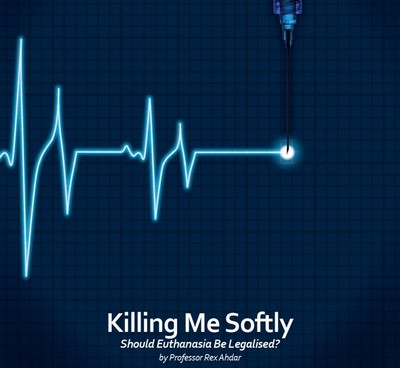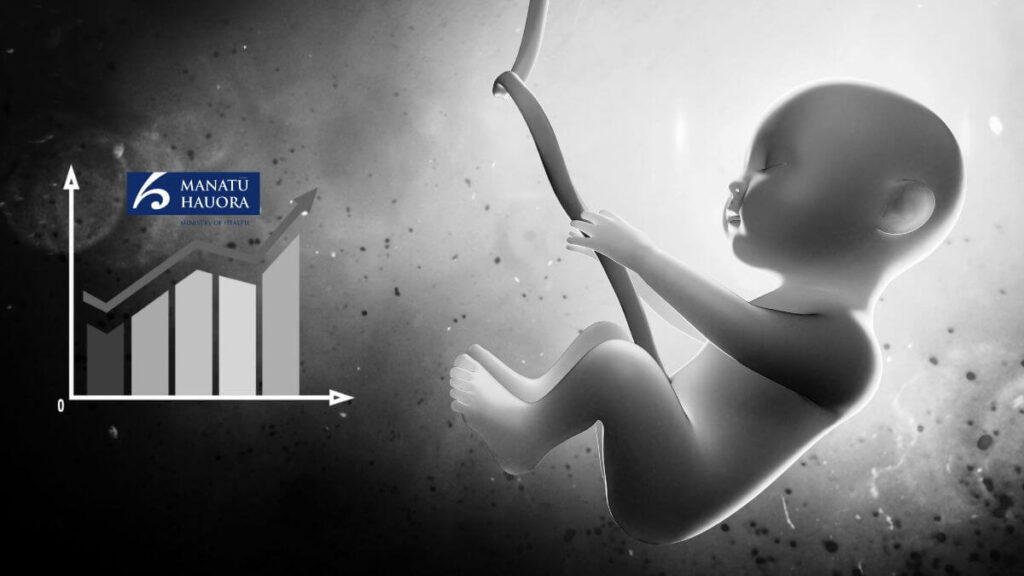Media Release 12 May 2014
A report on the history of the euthanasia debate in New Zealand and an examination of the law and the research evidence overseas warns of the potential for even greater levels of elder abuse if euthanasia were to be decriminalised in NZ.
The Report “Killing Me Softly – Should Euthanasia Be Legalised?” by Professor Rex Ahdar of Otago University says that safeguards can only go so far, that coercion is subtle, and that patients will ask themselves why they are not availing themselves of it. He warns that the potential for abuse and flouting of procedural safeguards is also a strong argument against legalisation.
The report was commissioned by family group Family First NZ in response to another promised attempt to change the law by Labour MP Maryan Street after the upcoming general election.
The report warns that in practice, safeguards can only go so far, and that coercion is subtle. The everyday reality is that terminally ill persons and those afflicted with non-terminal but irreversible and unbearable physical or mental conditions are vulnerable to self-imposed pressure. They will come to feel euthanasia would be “the right thing to do”, they have “had a good innings”, and they do not want to be a “burden” to their nearest and dearest. Simply offering the possibility of euthanasia or doctor-assisted suicide shifts the burden of proof, so that patients must ask themselves why they are not availing themselves of it.
A recent study found that 32 percent of all assisted deaths in the Flemish region of Belgium were done without the patient’s explicit request. The requirement to report euthanasia has not been fully complied with in nations that have legalised euthanasia either.
There is some empirical evidence too from these same nations that the availability and application of euthanasia expands to situations initially ruled out as beyond the pale. For example, euthanasia has been extended to enable minors to avail themselves of it with parental consent in the Netherlands and, most recently, Belgium. Labour MP Maryan Street has been reported as saying “Application for children with terminal illness was a bridge too far in my view at this time. That might be something that may happen in the future, but not now.”
The report also notes that the majority of the medical profession and national medical associations around the world have been resolutely against the introduction of voluntary euthanasia or physician-assisted suicide, amidst real concerns that the role of the doctor would be irrevocably changed from healer to, at times, killer; from caring professional who saves lives to one who takes them. Inevitably, patient trust would be eroded.
The report concludes that any decriminalisation of euthanasia will introduce the era of “therapeutic killing”.
ENDS




